For Peter, creativity is beyond his control. He believes that a divine being known to him as ‘Genius’ – with a capital G – hides within the walls of his sanctuary and comes out to help him with his writing. Perhaps Genius is behind the good breaks he’s been having in his writing career…
Peter Ngila Njeri is a Kenya-based writer who spends his days chasing stories as a journalist and making them up as a novelist. His keen observatory sense as a journalist has earned him a well-deserved place as a contributor in media circles in Kenya, leading him to be a published feature writer over the last nine years. This keen sense of observation helped give birth to his first book – co-authored with Isabell Kempf – Changing the World While Changing Diapers.
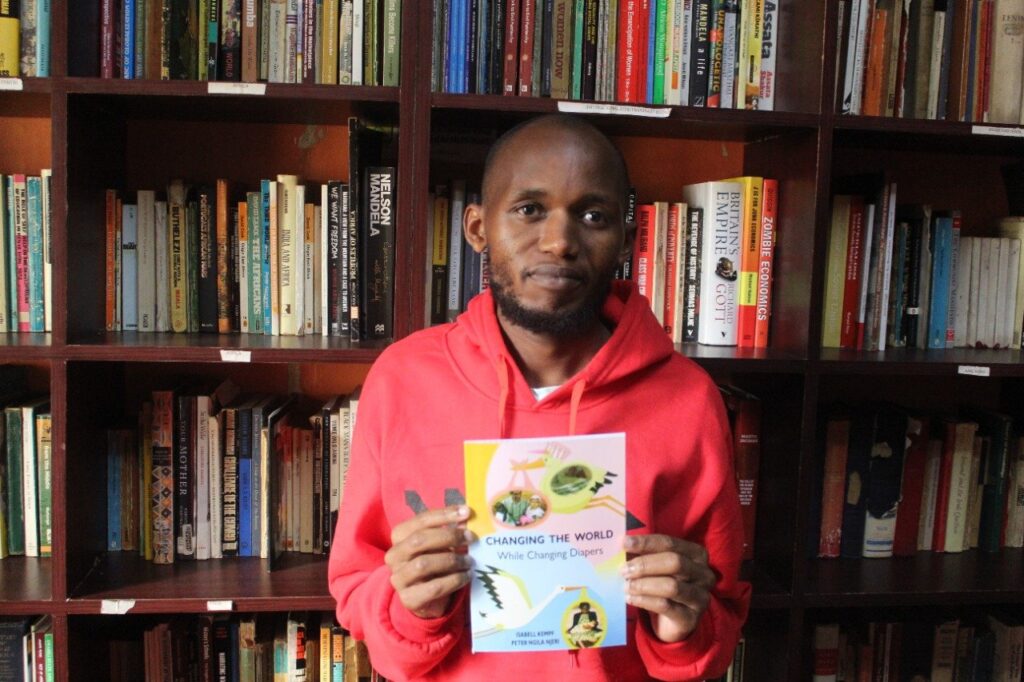
In this book, Peter and Isabell challenge the notion that the education of children and the pursuit of individual happiness will end in ecological disaster. He argues instead that educating the future is the way to change the world.
Born in the town of Kabaa, a place he describes as magical, Peter had always been surrounded with stories by way of his grandmother’s stories and reading. In his words, “Kabaa is a place where children – at least during my childhood – actually go swimming in the river, go moulding different things, play around so far that the parents sometimes don’t even bother about their children’s safety (please don’t try this in a city like Nairobi), go gliding on wet grounds whenever it rains, herd cows, play card games. I am also lucky to have grown up under my grandmother’s stories – stories of the hare and the hyena and the tortoise. Also, the entire village magically brought me in her own ways.”
It was in this period that Peter started reading his deceased uncle’s books – some of whose authors he realized had done something related to journalism. So in a way, his journey into journalism was him wanting to follow in his heroes’ footsteps. But most importantly, he was very curious to see how journalism would live with fiction in one stomach. All along he had a feeling that he could write fiction, so he wanted to try something related (to making up stories).
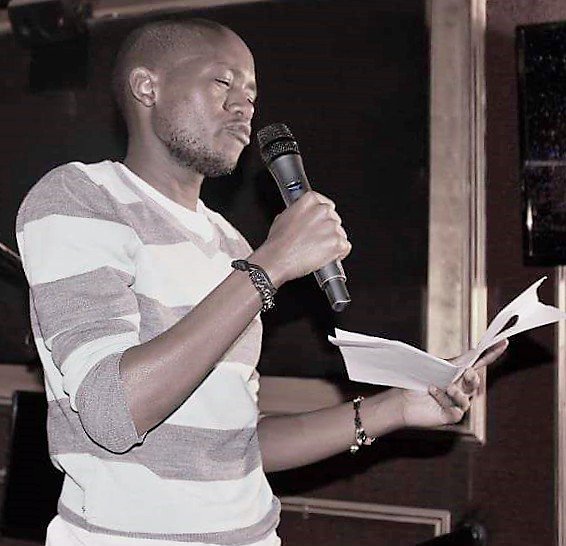
Reading, he claims, ‘helped him learn new things.’ And so the more things he wanted to learn about, the more books he had to get through, but Peter had an inner crisis; he never felt like his writing was ever good enough. Or as he put it, “I didn’t think my writing was world-class enough.” He started with the short story, but after several years of consistent writing and reading and learning through workshops, he became nerdy enough to want to give his characters longer lives. That’s how he became a novelist.
Confidence for Peter came as he made a habit of showing up every day to the page and understanding that rejections don’t necessarily define the quality of one’s work – rather rejections might imply that your story needs to find another home. As of the time of writing this, Peter’s short stories have been published in ten countries of the world, including Kenya, Tanzania, Uganda, Nigeria, Ghana, India, Bangladesh, the United States, and Italy. His novel, The Legend of Beach House was published in 2024 in the UK by Abibiman.
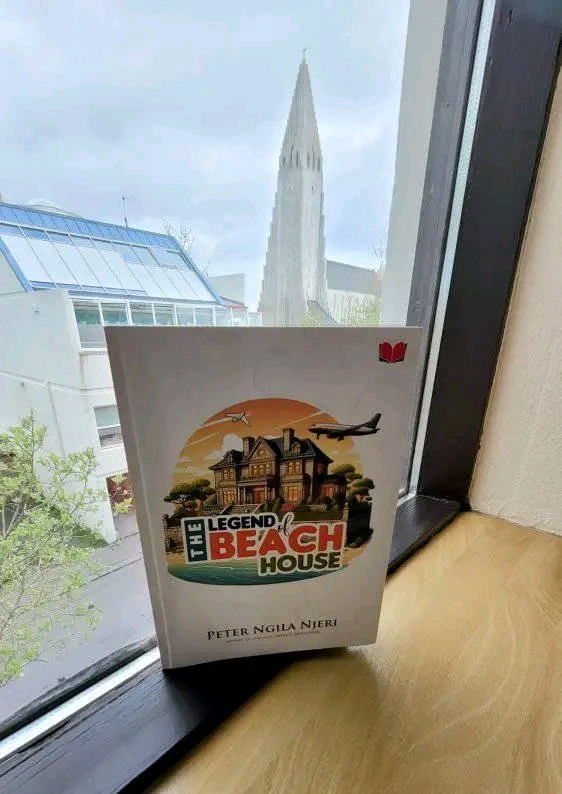
Peter’s career has been one of persistent, consistent hunger to do better. This hunger has pushed him from writing communities to writers’ workshops within and outside Africa that have enabled him to get better at the craft of showing up to the page, doing the hard work of developing characters, and weaving with delicate attention to detail their arcs, to bring their journeys to a memorable conclusion.
According to Peter, “Persistence and consistency are everything. The more you write, the more you get used to the craft, the more control you have over a story, and the more confidence you have to take full advantage of opportunities that come your way.” This is nothing short of true in Peter’s career. His first career-defining opportunity came in 2014 through Writivism, an East Africa-based writing workshop that supports emerging African writers. He has also attended the Ibua Manuscript Project Workshop in Kampala, and the Short Story Day Africa Flow Workshop in Nairobi under Muthoni Garland.
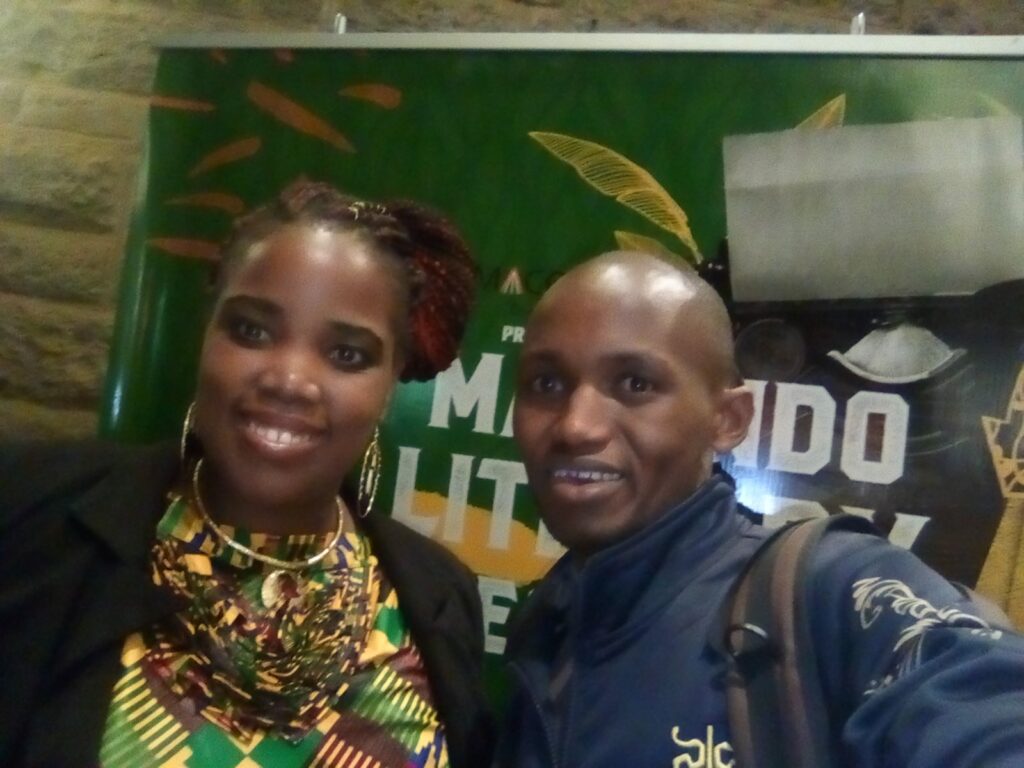
More than just strengthening his craft as a scribe, these initiatives linked Peter with mentors who continue to be relevant to his career today. Beyond writing and improving, Peter is an enjoyer of fiction. For him, every book has a personal story, and his work has been heavily influenced by foreign authors whose works are first written in other languages and then translated into English.
Peter’s all-time favourite books seem to take him from one point on the map to another. Take, for example, Carlos Ruiz Zafon’s The Shadow of the Wind (translated from the Spanish by Lucia Graves), which is set in Spain, to Namwali Serpell’s The Old Drift, which comes alive in Rhodesia. Or the World War Two epic set between Georgia and Germany, The Eighth Life by Nino Haratischvili (translated from the German by Charlotte Collins and Ruth Martin), The Master and Margarita by Russia’s Mikahil Bulgakov (translated from the Russian by Diana Burgin and Katherine Tiernan O’Conner), which is partially the inspiration behind Peter’s manuscript, The Visitation of Room Seventeen. Or even the wonderful The Fishermen by Nigeria’s Chigozie Obioma, The Gift of Rain by Malaysia’s Tan Twan Eng and The Rice Mother, by Malaysia’s Rani Manicka. Peter can now beat his chest and say that his favourite madman of the letter is the Japanese novelist, Haruki Murakami.

Reading, writing, revising, and workshopping have not been without reward for Peter. In 2017, he became a fellow of the Nigeria-based Ebedi International Writers Residency, after which he became only the second African to be accepted into the highly revered Iceland Writing Retreat in 2017, a program he applied to just three hours before the deadline and an opportunity that brought him in contact with the president of Iceland and other great writers from across the world. In the same year, he served as an editor for the Wagon Magazine Africa issue.
Peter has also gone on to receive the Story of Malaria Travel Grant, won the 2023 James Currey Prize for African Literature for his then novel manuscript – The Legend of Beach House – and made the 2024 Ibua Manuscript Project longlist. He has served as a judge on the jury of the 2019 Chingano Short Story Prize, the 2024 James Currey Prize for African Literature, and the 2024 Afrocritik Prize for Criticism. He is all set to be a tutor at the 2025 edition of the Idembeka Creative Writing Workshop.
On how he juggles both journalism and fiction, he says: “I hate to disappoint you but I think fiction is truer than journalism. Fiction is a more universal way of interpreting the truth contained in journalism. Anyway, for me journalism and fiction are all stories. In journalism we have interviewees, in fiction we have characters. My journalism takes me to the world – to those very fine hotels you only see while passing in Nairobi. That kind of exposure makes for fiction story ideas (writers can be the best at holing up in the house forever).”
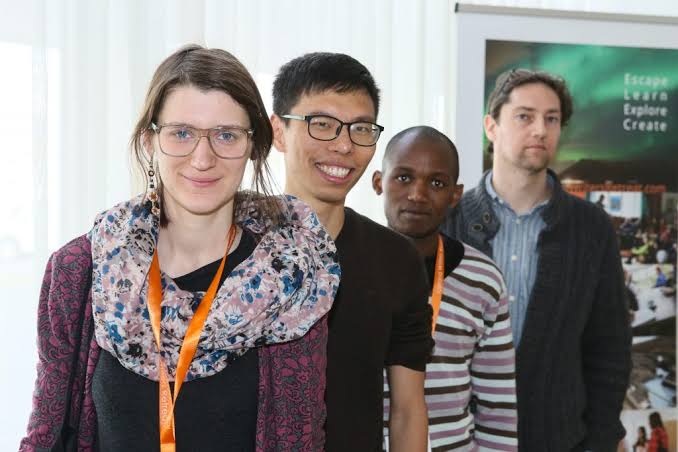
One of the many ideas close to Peter’s heart is original African identity, something that shows up in his fiction a lot, especially his exploration of Kamba mythology in The Spirits of April. He describes Kamba mythology as typical stories inspired by mythological beings in the Kamba culture. According to him, the Kamba are his people in Eastern Kenya, some of which he has heard have spread as far into the world as Paraguay (he encourages us to check ‘the Kambas of Paraguay’ on Google).
Over the last decade Peter has been an active member of the Nairobi-based Amka Literature Forum, a platform he credits as being central to his growth as a writer. His latest novel manuscript is Souls of Independence – an apocalyptic experience based on the art of reading souls.
Peter summons his ancestors every morning with a mug of black coffee in a small sanctuary near Nairobi. He continues to write, read, and take full advantage of every opportunity to hone his craft. As he says, “Don’t wait for competitions to motivate you. Write because you have those demons in you who won’t let you sleep.”
We look forward to reading more from Peter in the coming years.
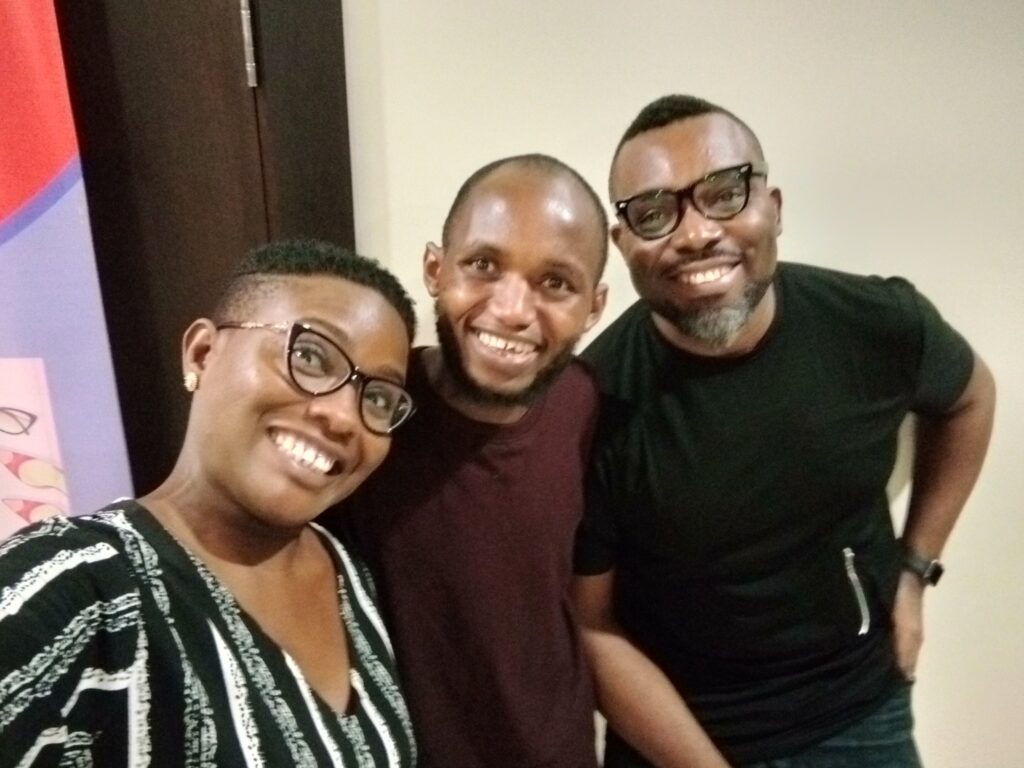
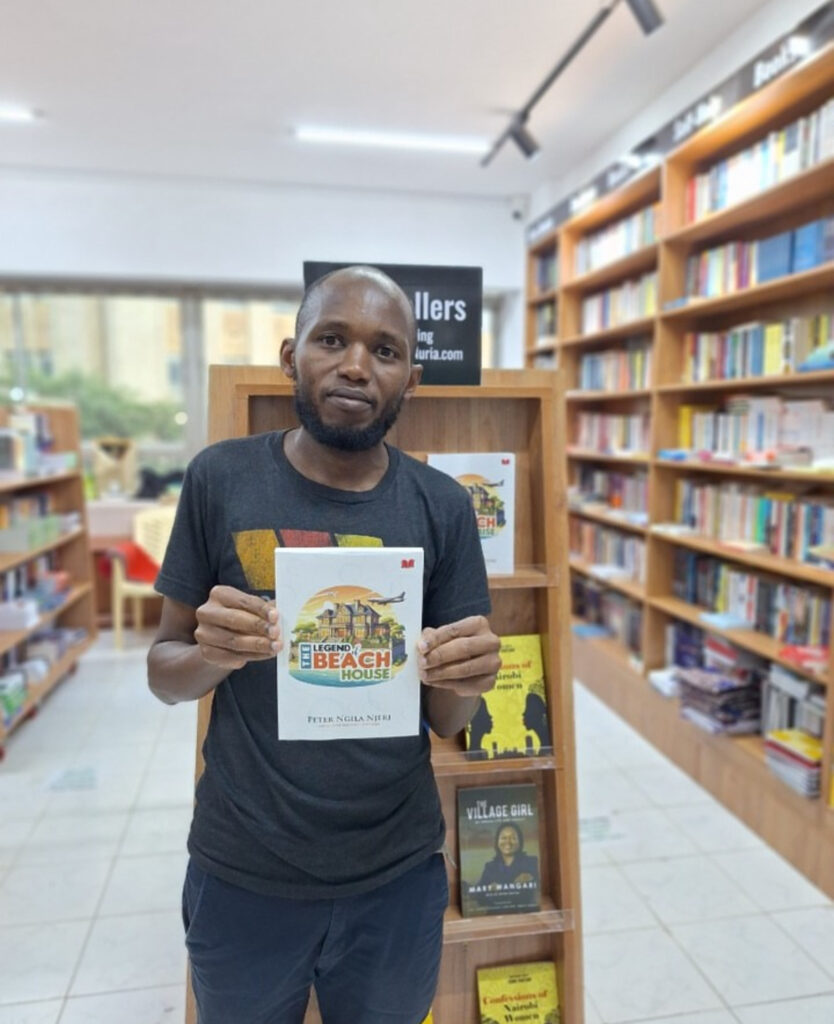
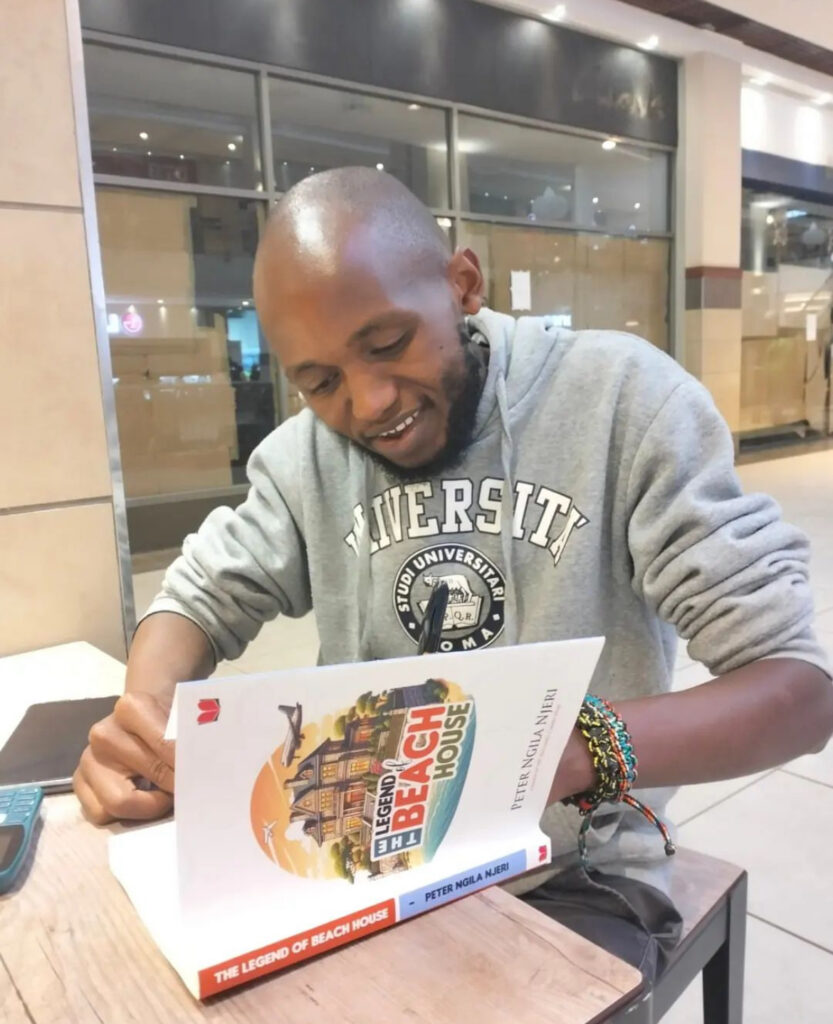
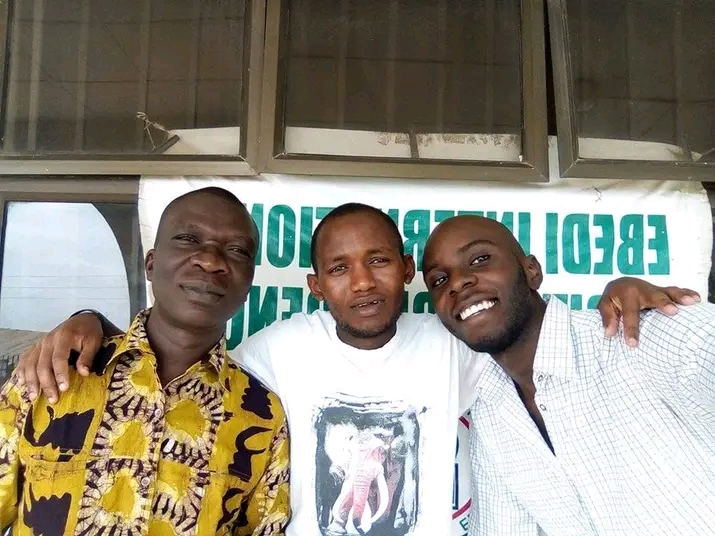
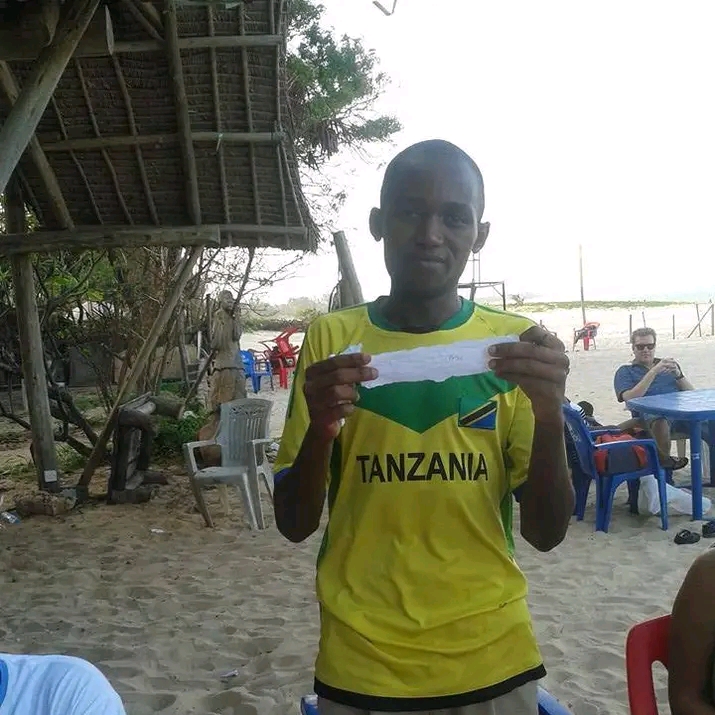
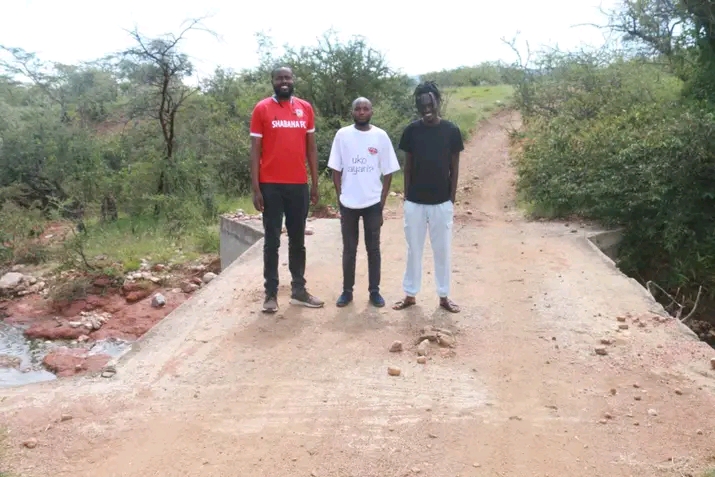
Hope Tare
Hope Osatare Matthew is a writer and literary critic based in Lagos. Find her work on Medium @http://medium.com/@lighthousereviewer.


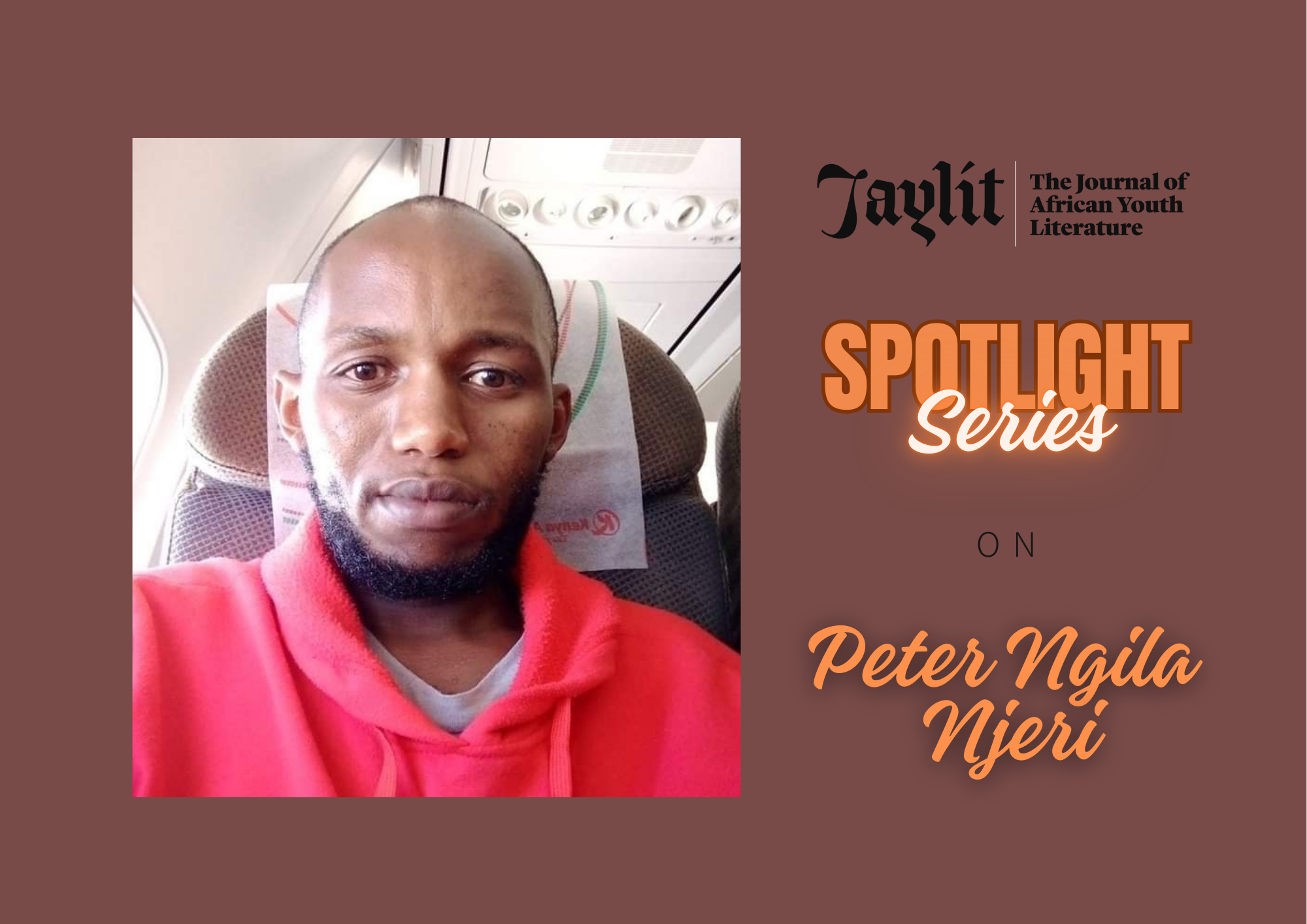
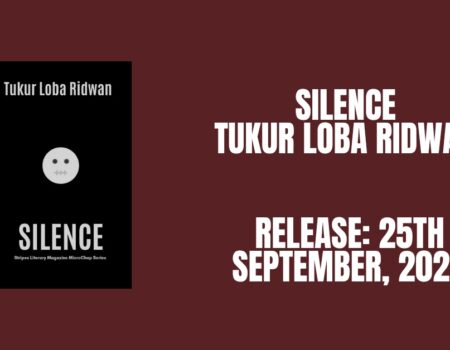

![[Featured Post] Aké 2025: Thirteen and Counting](https://jaylit.com/wp-content/uploads/2026/01/PHOTO-2025-12-23-01-39-53-450x350.jpg)